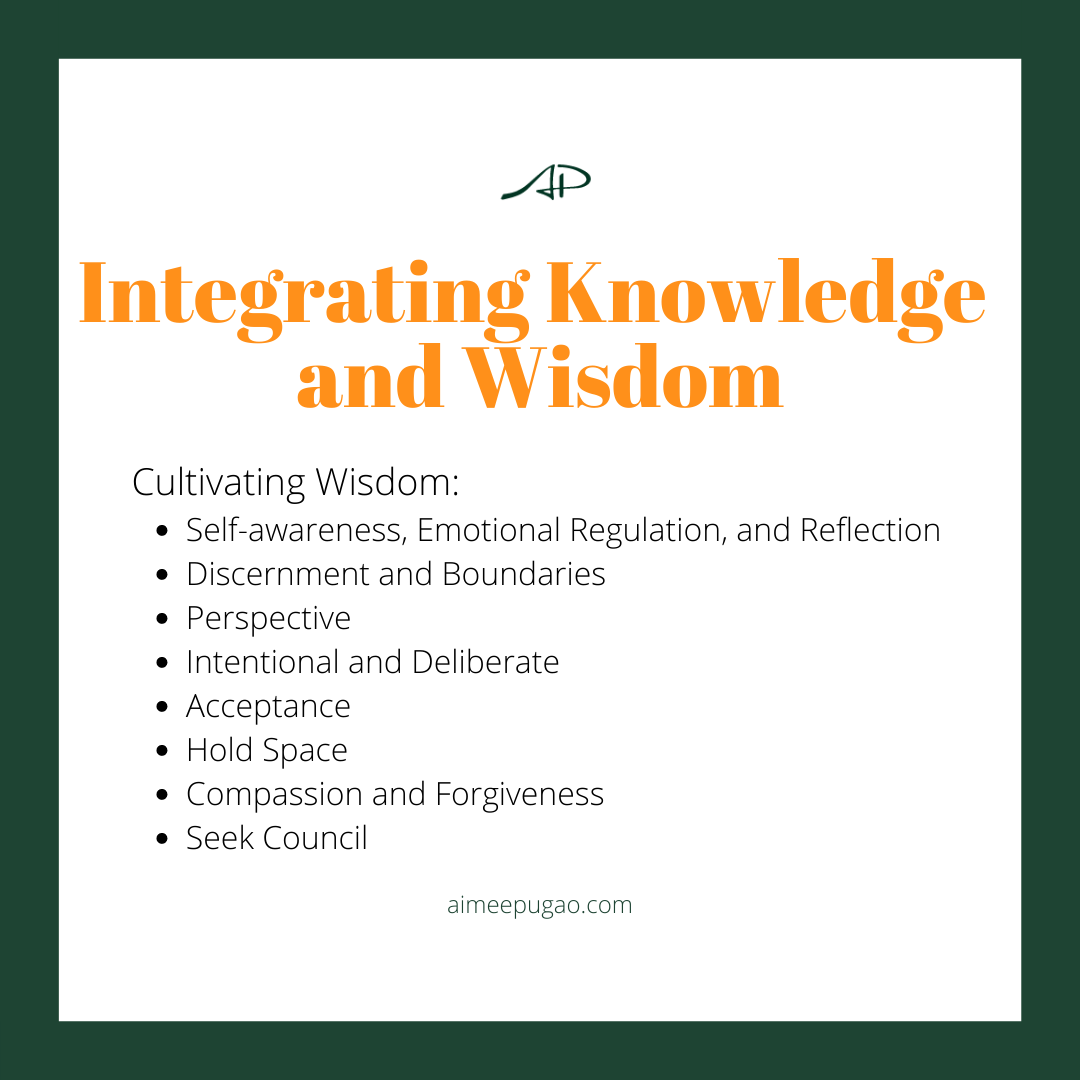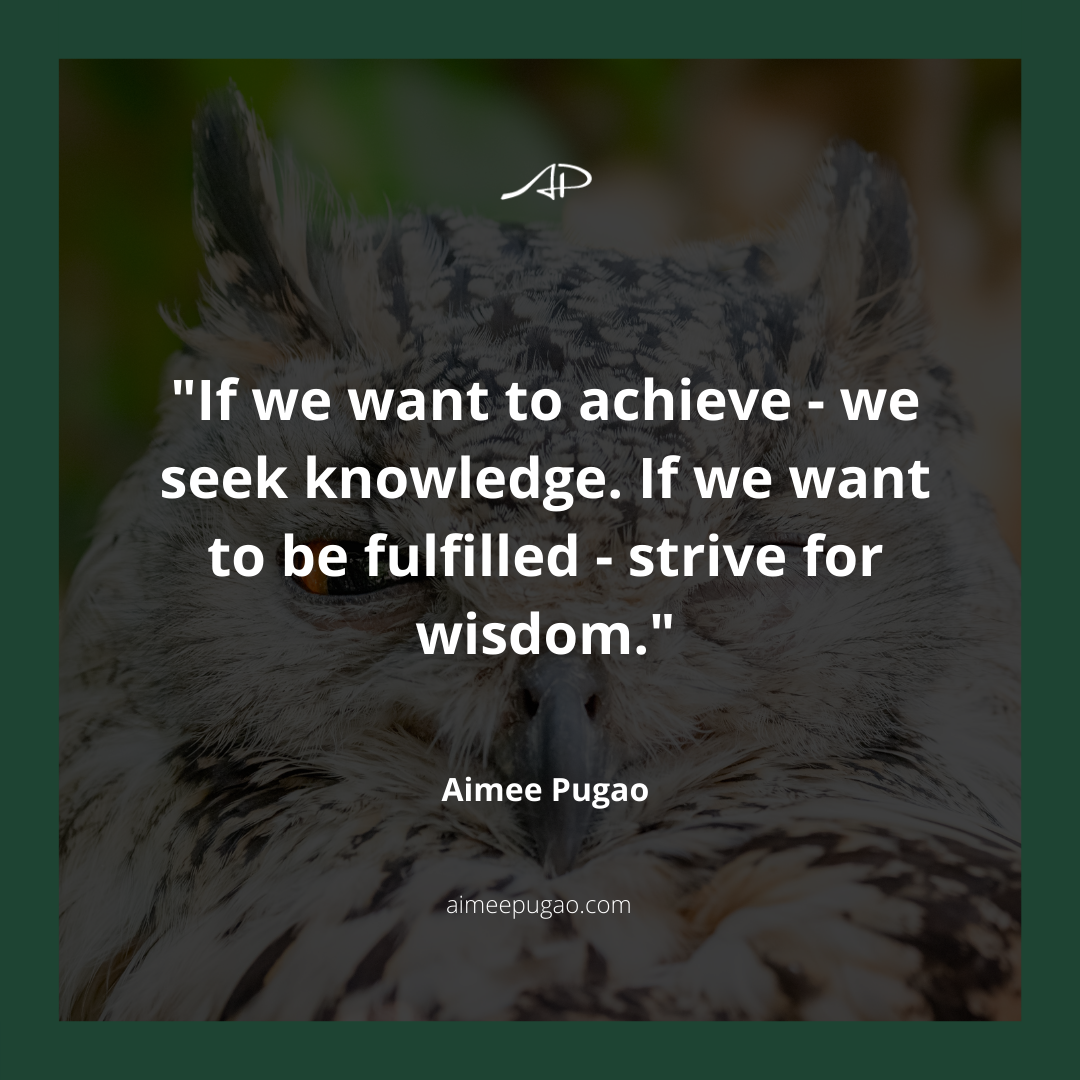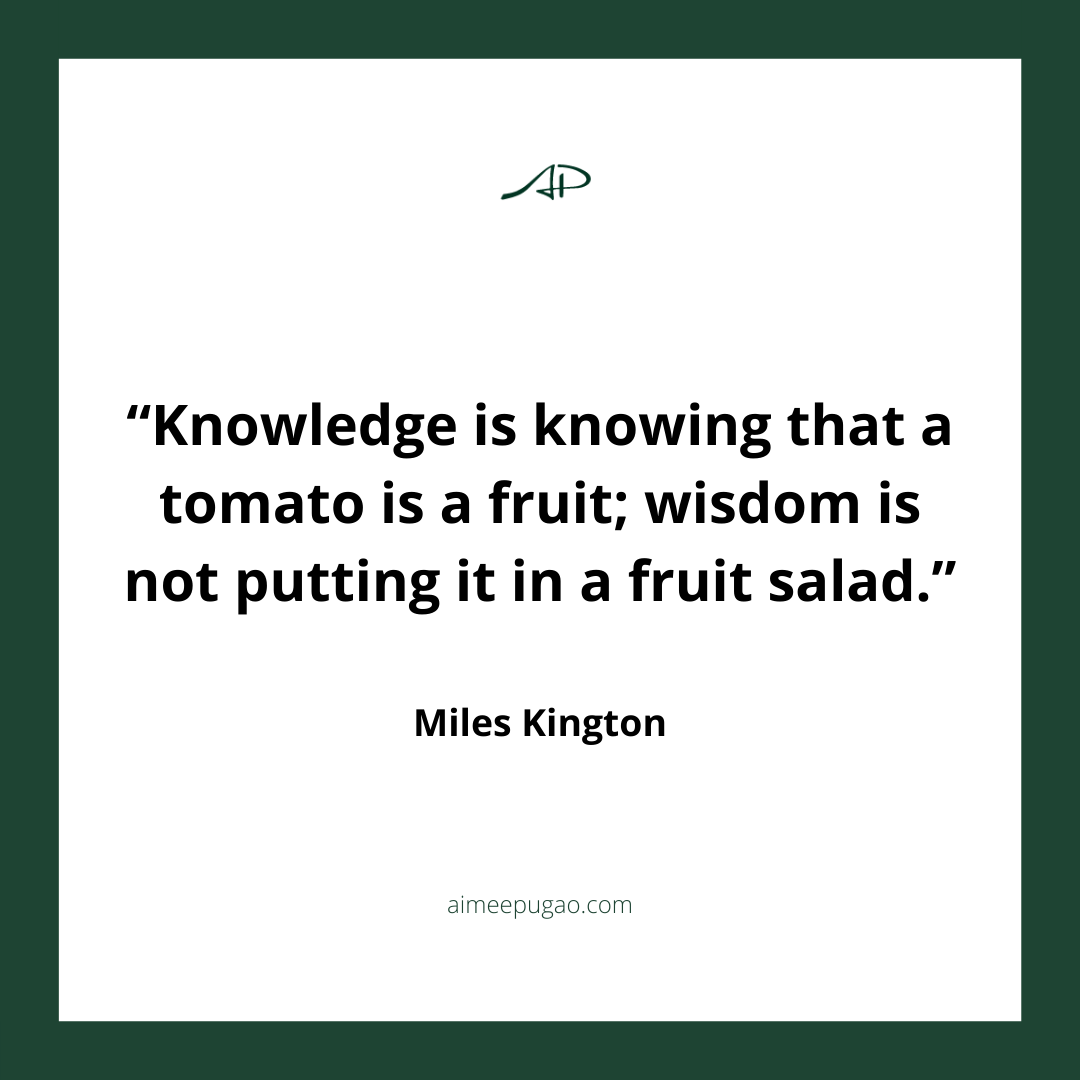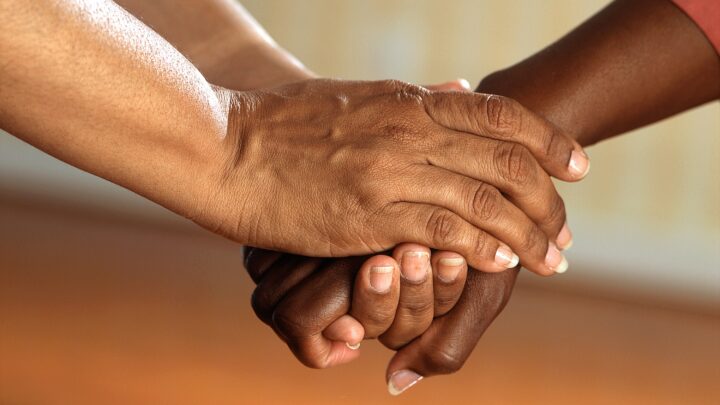We have all heard the saying:
“Knowledge is Power”
– Francis Bacon (1597)
Obtaining knowledge can transform lives. Education is a critical element that will get people out of poverty, increases earning potential and quality of life.
We praise knowledgeable people; they make much of our world go round. They’re the people who created and currently maintain our economic system. They’re the Steve Jobs, Jeff Bezos, Elon Musk, the superstar thinkers with high IQs. Not only them, but knowledgeable people also walk among us daily.
Knowledge is the cerebral process, and many of us can obtain a wealth of information through reading, researching, and memorizing facts. We seek information always as we listen to the news or spend time scrolling on our phones. We can practically and innovatively apply our knowledge by building businesses, streamlining processes, and having successful careers.
Our school systems are designed to obtain data, memorize, regurgitate, and apply. We can have great professions with the cerebral information we receive. But formal school and work don’t always teach us how to live life with greater ease.
Knowledge vs. Wisdom
Knowledge and wisdom, for many, are used synonymously. However, it’s possible to be very knowledgeable but lack wisdom. We can be very intellectually capable and lack social grace and foresight. We can create a great product, but if our employees are unhappy and the customer service is horrible, there’s a high possibility that the company wouldn’t survive in the society we live in today.
Happiness in life, having more significant and deeper relationships with others, and – most importantly, a better relationship with ourselves – knowledge eventually needs to be transformed into wisdom.
“If we want to achieve – we seek knowledge. If we want to be fulfilled – we strive for wisdom.”
– Aimee Pugao
What is Wisdom?
A dictionary definition of wisdom is integrating knowledge (data) through the actions or decisions we make with rationality, insight, experience and appropriate discernment. In other words:
“Knowledge is knowing that a tomato is a fruit; wisdom is not putting it in a fruit salad.”
― Miles Kington
I also like to add a thorough understanding of our emotional body incorporated with our cerebral mind. To combine learning from IQ (Intelligence Quotient) and EQ (Emotional Quotient). To be wise is also to cultivate emotional intelligence.
How do We Become Wise?
When I think of wise people, those who come to mind are Lao Tzu, Confucius, Jesus Christ, Marus Aurelius, Socrates, etc. Today, those living currently – Oprah, Deepak Chopra, Eckhart Tolle, Michelle Obama, Sadhguru, and Mooji, to name a few.
We can all learn the hard way; through experience, trial and error, and suffering, we can have mentors we can learn from by practicing and eventually developing the characteristics and values they collectively share.
Cultivating Wisdom
We can cultivate wisdom through developing the following:
Self-awareness, Emotional Regulation, and Reflection
It is knowing our self and others’ feelings, drives, and motivations. To effectively manage negative emotions, work through them, and respond to ourselves and others without hastily reacting. Reflection is the ability to look at ourselves objectively, recognize our strengths and growth points, and reflect upon actions and take responsibility without blaming, deflecting or becoming defensive.
Discernment and Boundaries
To know oneself enough to discern what is beneficial and what isn’t, including people’s behaviours, events and situations. When we practice discernment and boundaries, we are less likely to get drawn into the drama of others’ emotions and actions—knowing how to balance others’ needs and own needs without being excessively giving or extremely selfish.
Perspective
The ability to look at the larger picture, go beyond the moment, mentally shift, and look at a situation from another lens.
Intentional and Deliberate
When we are intentional and deliberate, we can create meaning and purpose and deliberately participate in activities that will add value, experience, positivity, and momentum to that purpose.
Acceptance
Accept other people as they are and accept uncertainty. To be open to diverse perspectives, despite having strong values, beliefs and opinions, and to pivot and change views if new and valid information is presented.
Holding Space
To know when to hold space for others and to listen and understand deeply. To provide compassion without trying to give advice, fix, or offer alternative viewpoints. To be able to disconnect from our judgements and experiences while doing so. In other words, metaphorically speaking, to know when to hold a bucket for others to emotionally-regurgitate into. To allow others to be “sick” and provide the care and know when they’re well enough to provide for themselves again.
Compassion and Forgiveness
To provide ourselves compassion and forgiveness during missteps and offer compassion and forgiveness to others for their wrongdoings. That doesn’t mean we always allow them back into our lives, it’s possible to provide compassion and forgiveness from a distance.
Seek Counsel
We are wise when we know we don’t know everything. Many wise people all started as students and had mentors, friends, and family to help guide them to where they are. To be open to seeking counsel from others and seeking counsel within ourselves through quiet stillness.
If Knowledge is Power then…
When we develop our knowledge we use it to change our circumstances – we use it to change our world externally. The develop wisdom, we’re developing our harmony within, if knowledge is power then wisdom is peace.






